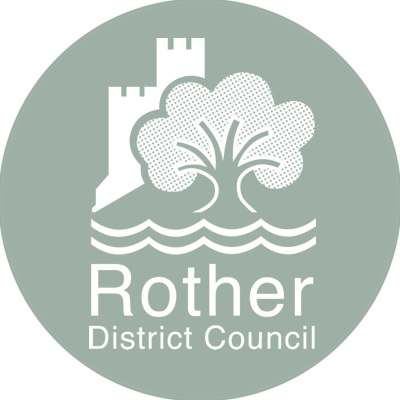Agenda item
Revenue Budget and Capital Programme Monitoring Quarter 4 2019/20
Minutes:
Members received and considered the report of the Executive Directors on the Provisional Revenue Budget and Capital Programme Monitoring Quarter 4 2019/20, which had been referred to the Overview and Scrutiny Committee for Members’ information and for any recommended actions to Cabinet as necessary. This report updated Members on the Council’s finances as at the end of March 2020 and included a draft outturn for 2019/20. Members were advised that this could change as a result of the external audit of the Council’s financial accounts due to take place in August 2020.
The Council incurred a deficit of £207,000 in 2019/20, which was £491,000 lower than the Quarter 3 forecast. The Cost of Services showed a deficit of £748,000, which was £105,000 higher than the Quarter 3 forecast. This was partially offset by under spends on Non-Service budgets and Income, which reduced the Net Deficit at line to £207,000.
As part of the 2020/21 revenue budget considerations, the seeking of voluntary redundancies was one of the measures taken to balance the budget. The cost of redundancies was £316,851 and was paid in 2019/20. The gross ongoing saving was expected to be £490,000 per annum.
The main reasons for the variations as detailed in the report were attributed to underspends/savings on Disabled Facilities Grant, staff vacancies and planning policy. The £207,000 deficit was attributed to purchase of IT equipment, Telephony costs etc. in response to the Coronavirus pandemic, redundancy payments, net rental income shortfalls, loss of income arising from the closure of car parks due to the pandemic, increase in housing benefit payments to people in Temporary Accommodation and interest from investments, which was below the budgeted figure.
The council tax collection rate was at a surplus of £956,000; Rother’s share was approximately £95,000. There had been an increase in applications for the Council Tax Reduction Scheme which would therefore have an impact on the current financial year.
Business Rates Collection Fund was in surplus by £462,000 after taking account of actual collection against the original estimate and adjustments to the bad debt provision and provision for rating appeals. Rother’s share was approximately £200,000. This was likely to decline over the current financial year as some businesses struggled to meet costs.
The final Capital outturn for 2019/20 was £14,173,000 million, which was £3,072,000 lower than the revised budget.
The largest project underspend was £1,000,000 on the purchase of Temporary Accommodation, which was delayed by a combination of the pandemic and availability of suitable properties. Members were advised that purchases had since been progressed. Works at the Beeching Road site (part of the Property Investment Strategy) were delayed, which resulted in an underspend of £484,000. The Bexhill Leisure Centre development was currently on hold whilst Members considered its future, and this had resulted in an under spend of £381,000. Finally, there was a lower than anticipated uptake in Disabled Facilities Grants, which was under spent by £273,000.
The net impact on Reserves of the 2019/20 outturn was a reduction of £2,392,000, which was £35,000 lower than the revised budget. However, this was not sustainable and further savings would need to be made.
The final Council outturn for 2019/20 was a deficit of £207,000, including redundancy costs of £317,000. Excluding redundancy costs, the surplus was £110,000, which represented just 0.8% of the total Net Cost of Services budget.
Members thanked officers for their hard work in reducing the Council’s deficit from that forecast earlier in the year.
RESOLVED: That the report be noted.
Supporting documents:
